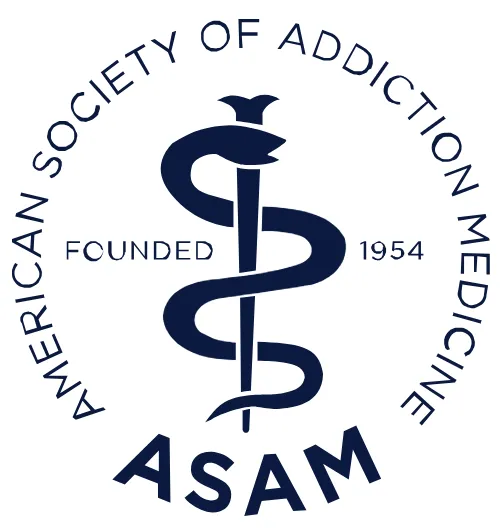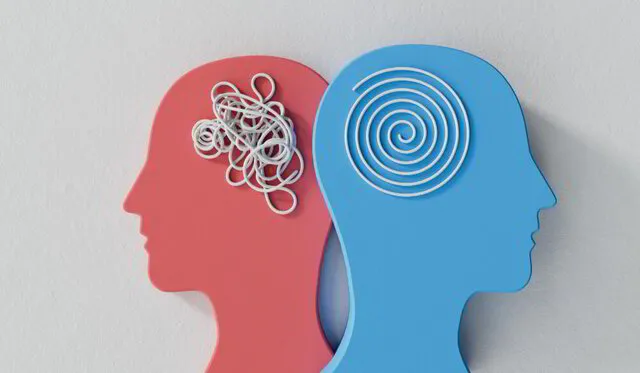Addiction Treatment At HUM
At HUM, we are an integrated health care team. That means that you can receive health care services from a number of different health care providers, such as nurses, physicians, and psychologists, based on your needs. We take a holistic approach to health; therefore we will be exploring biological, psychological, social, and spiritual dimensions, rather than looking at health issues or diagnoses in isolation.
Your addiction recovery journey begins when you make the choice to get help. We understand how difficult of a situation this can be for most people, and that’s why we strive to embrace every patient that walks into our clinic.
Substance use related problems are part of the many issues Canadians are facing in their day-to-day lives in relation to their physical, mental, emotional and spiritual health. Addiction and Mental Health problems touch all of us at some point in our lives, personally or in someone close to us. The terminology related to these problems can be confusing as well such as "substance abuse", "dependency", "de-addiction" etc. People also often want a quick fix to a visibly severe problem, whereas in reality the overt problems have much more going on underneath that requires a professional assessment and an ongoing continuing care plan, which can include professional services and mutual support networks in the community.
People from all walks of life turn to drugs, alcohol, sex, or gambling due to many reasons such as experimentation, peer pressure, "self-medication", and recreational purposes. Every user is different and carries different risk depending on one's genetic heritage and environmental exposures. The risk is never zero. The human brain is still developing until the age of 25, hence, exposure to substances in childhood, adolescence or young adulthood carries increased risk for problems related to Addiction and Mental Health younger individuals having a higher chance of becoming addicted to drugs while experimenting. Our comprehensive assessment and treatments of variable intensity can help uncover the underlying issues related to an individual’s problems. By doing this, we can help the patient achieve their optimum health and wellness along biological, psychological, social and spiritual dimensions, which includes helping families as well as feasible.
Our treatment approach is to tailor the program to individual needs at a pace that is reasonable for each, with varying intensity depending on an individual's willingness and pace that is comfortable for them. We encourage honesty above all and there is no policing of or punishment for any ongoing substance use or other problems that one may be struggling with. It is a very open-ended approach to meet people where they are at and support them in their journey to better health.
Addiction is a primary, chronic disease of brain reward, motivation, memory and related circuitry. Dysfunction in these circuits leads to
characteristic biological, psychological, social and spiritual manifestations. This is reflected in an individual pathologically pursuing
reward and/or relief by substance use and other behaviors.
Addiction is characterized by inability to consistently abstain, impairment in behavioral control, craving, diminished recognition of significant problems with one’s behaviors and interpersonal relationships, and a dysfunctional emotional response. Like other chronic diseases, addiction often involves cycles of relapse and remission. Without treatment or engagement in recovery activities, addiction is progressive and can result in disability or
premature death.
Addiction is a chronic brain disease and is influenced by both genetics and environment similar to other chronic diseases such as diabetes. Addiction can manifest in many ways including use of alcohol and the focus at HUM is to address Addiction is Addiction. This means that whether a person uses alcohol, drugs, or engages in compulsive behaviors, such as gambling, shopping etc., these are not mutually exclusive and represent different manifestations of the same disease. Visit our alcohol addiction services calgary help page for more information on our recovery programs.
Addiction involving drugs is a chronic medical condition that requires assessment and treatment. With Addiction involving drugs, the ability to make healthy choices becomes no longer possible. The drug(s) begin to start controlling your life, making life more unmanageable. With Addiction, drug use is a symptom of what is happening in the brain and the person is seeking escape, relief, and/or reward. Unfortunately, there is no off switch and there is an ever-increasing desire for more. Visit our drug addiction treatment/drug addiction services calgary page for more information on our recovery programs.
In our society today, increasing numbers of people are prescribed opioids for physical health symptoms. Unfortunately, without proper monitoring and appreciation of the risk of Addiction, what starts off as pain management can uncover unmanageability with Addiction involving opioids. Wherever the journey with opioids started, often by the time people are seeking treatment they are finding themselves using more frequently, in higher doses, and with less benefit than they had experienced in the past. Visit our opioid addiction treatment page for more information on our recovery programs.
Eating disorders, or Addiction involving food, is a chronic medical condition that requires assessment and treatment. With Addiction in this area, the ability to make healthy choices is impaired and compulsive behaviors control the individual’s life, leading to feelings of unmanageability. The eating disorder is a symptom of what is happening in the brain and it leads the person to seek escape, relief, and/or reward. While there is no off switch to stop this process completely, with recovery and treatment, high quality of life is possible. Visit our eating disorder treatment page for more information on our recovery programs.
People who have been using substances for some time go through withdrawal symptoms that are a result of the body and brain trying to maintain balance despite substances coming on board and then readjusting when substance use is curtailed or stopped. Most people can handle withdrawal symptoms on their own or with some psycho-social support. However, there are some instances especially with Addiction involving alcohol and other drugs that require monitoring and prescription drugs administration in a supervised setting.
Gambling Addiction (otherwise known as Addiction involving gambling) is Addiction that is manifested by a compulsion, craving, impaired control, or lack of restraint in gambling despite it causing negative consequences to the person’s physical, mental, relational, and financial well-being. Gambling Addiction may seem to exist in isolation or recognized to be happening along with other problematic behaviors, including substance use, sexual acting out, or more. With proper assessment and treatment, change and high quality of life are possible. Visit our gambling addiction services calgary page for more information on our recovery programs.
Sex Addiction (otherwise known as Addiction involving sex) involves symptoms of unmanageable behaviour and seeking escape, reward and relief with sex. Typically there is a great deal of time, effort and resources put into obtaining and participating in the behaviours. There are significant consequences to these behaviours and there is an inability to stop without help in spite of the desire to do so. Visit our sex addiction service page for more details.
DSM 5 classifies all mental health problems as “behavioral disorders”, hence, everything becomes a checklist about behavior with little focus on thinking and feeling issues, with no connection to the brain. Even the brain research that is done for mental health issues is backwards i.e. A DSM 5 diagnosis is taken as fact, then the brain is looked at in terms of those patients rather than looking at the brain first in context of symptoms and signs that constitute a disease, which has anatomic and physiological basis, consistently across the board in people who have it.
Request An Assessment









